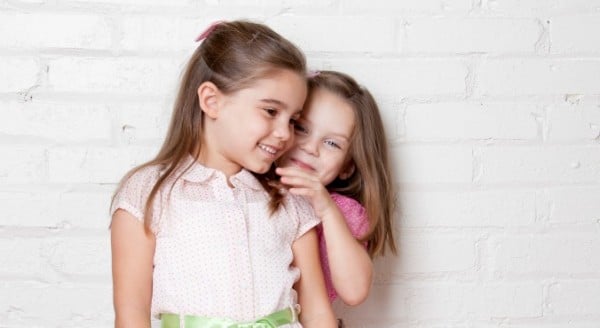
By: John Pickering, The University of Queensland
How we get along as siblings is a deeply personal issue and profoundly affects our lives as individuals. It’s an issue that crosses cultures and economies, levels of class and fame.
This point was reinforced to me when I did an interview on the Today Show about the importance of sibling conflict. Co-host Karl Stefanovic torpedoed in at the end and dismissed everything I was saying as nonsense. He made it clear that his lifelong domination of his younger brother, Peter, is perfectly normal and acceptable. If anything he seemed to be very proud of it.
Interestingly enough, Peter is also a successful journalist, but has nowhere near the popularity – and likely the pay packet – of his brother.
What is striking is the paradox of sibling relationships. People will often tell you that the bond they have with their sibling or siblings is incredibly special. It’s unlike any other relationship they have. It is sacred, special and highly functional. After all, where would the aviation world be without the Wright brothers, the music world without the Jacksons or politics without the Kennedys?
However, it’s not hard to spot plenty of examples of where sibling rivalry and conflict is the source of lifelong, deep-seated hostility and anger. Like those that can’t live without their brother or sister, there are those like music’s Gallagher brothers, who can’t stand the sight of one another and never want to see each other again.


